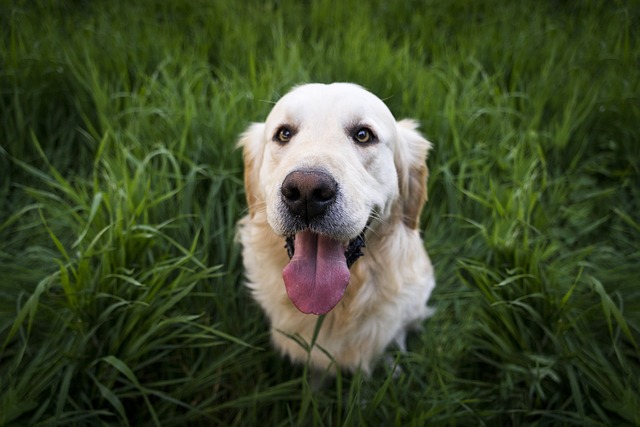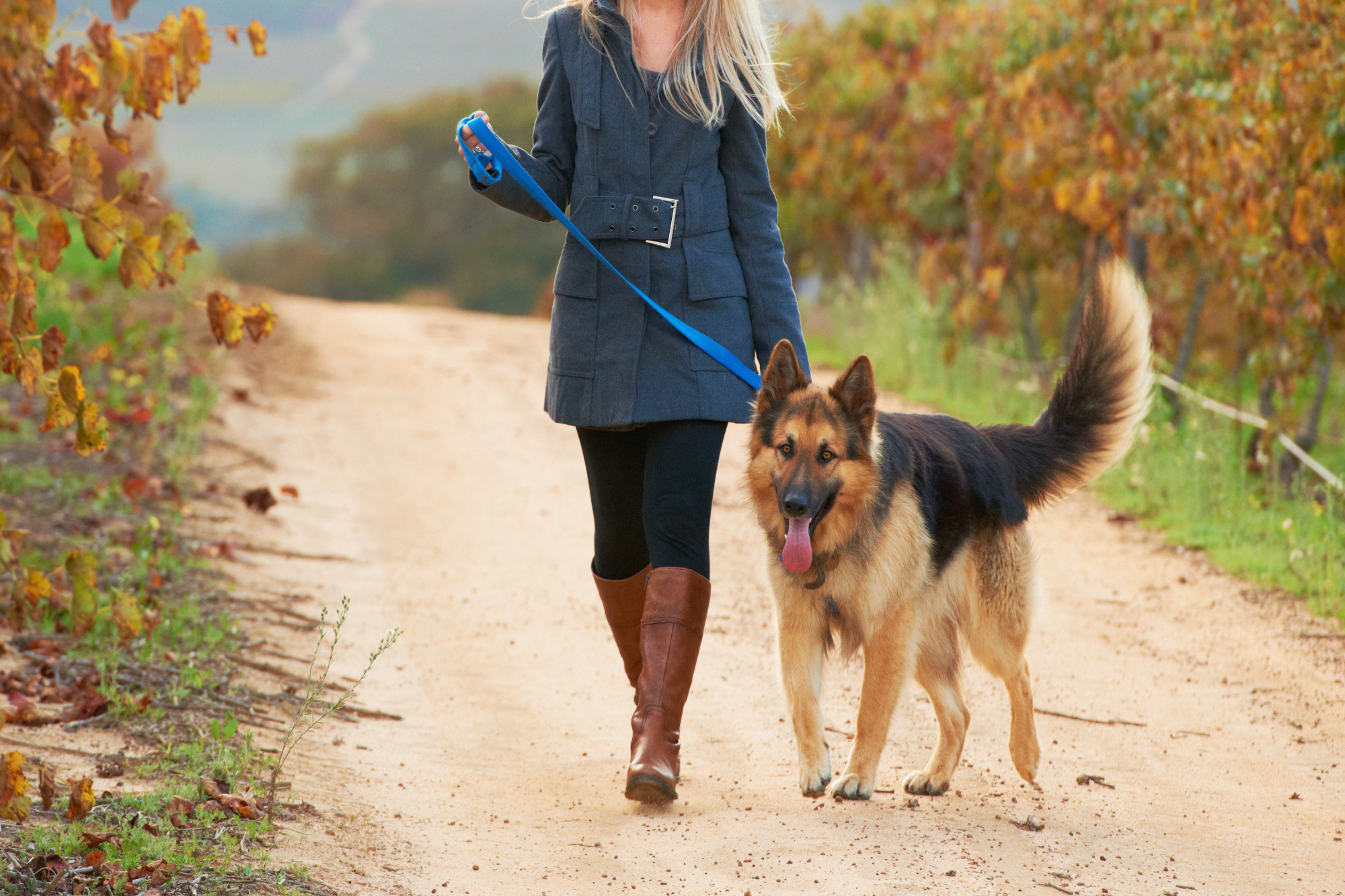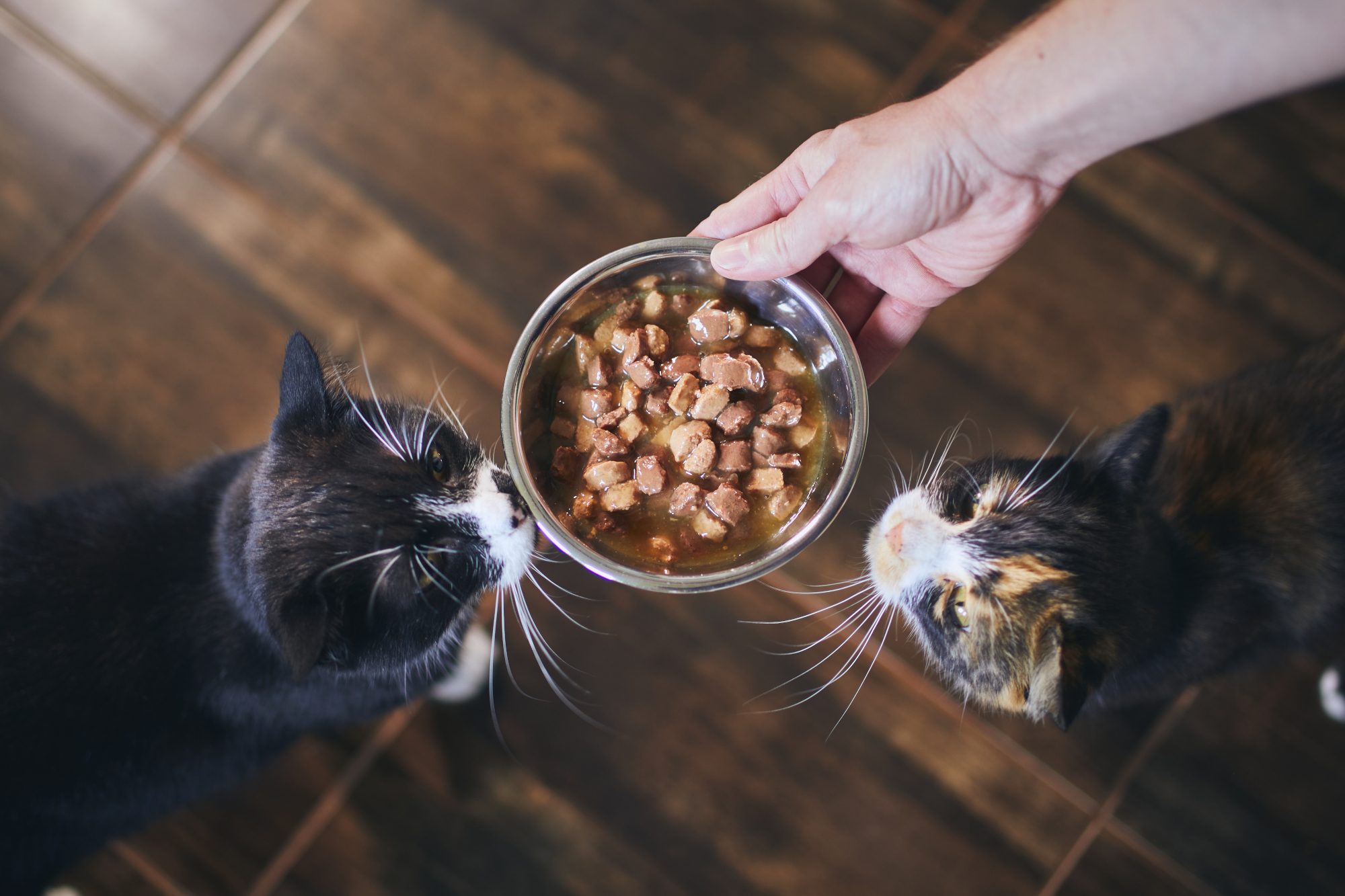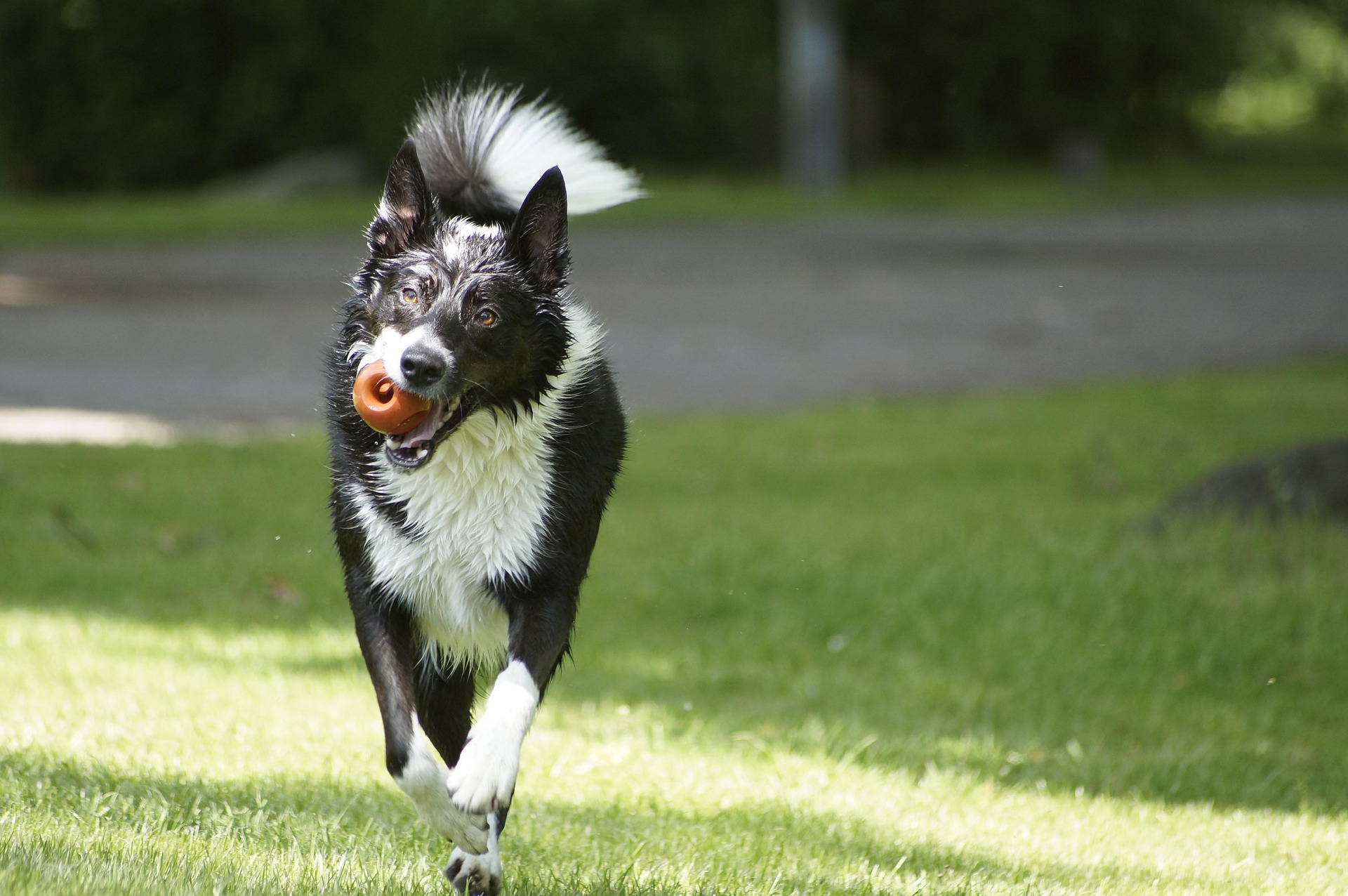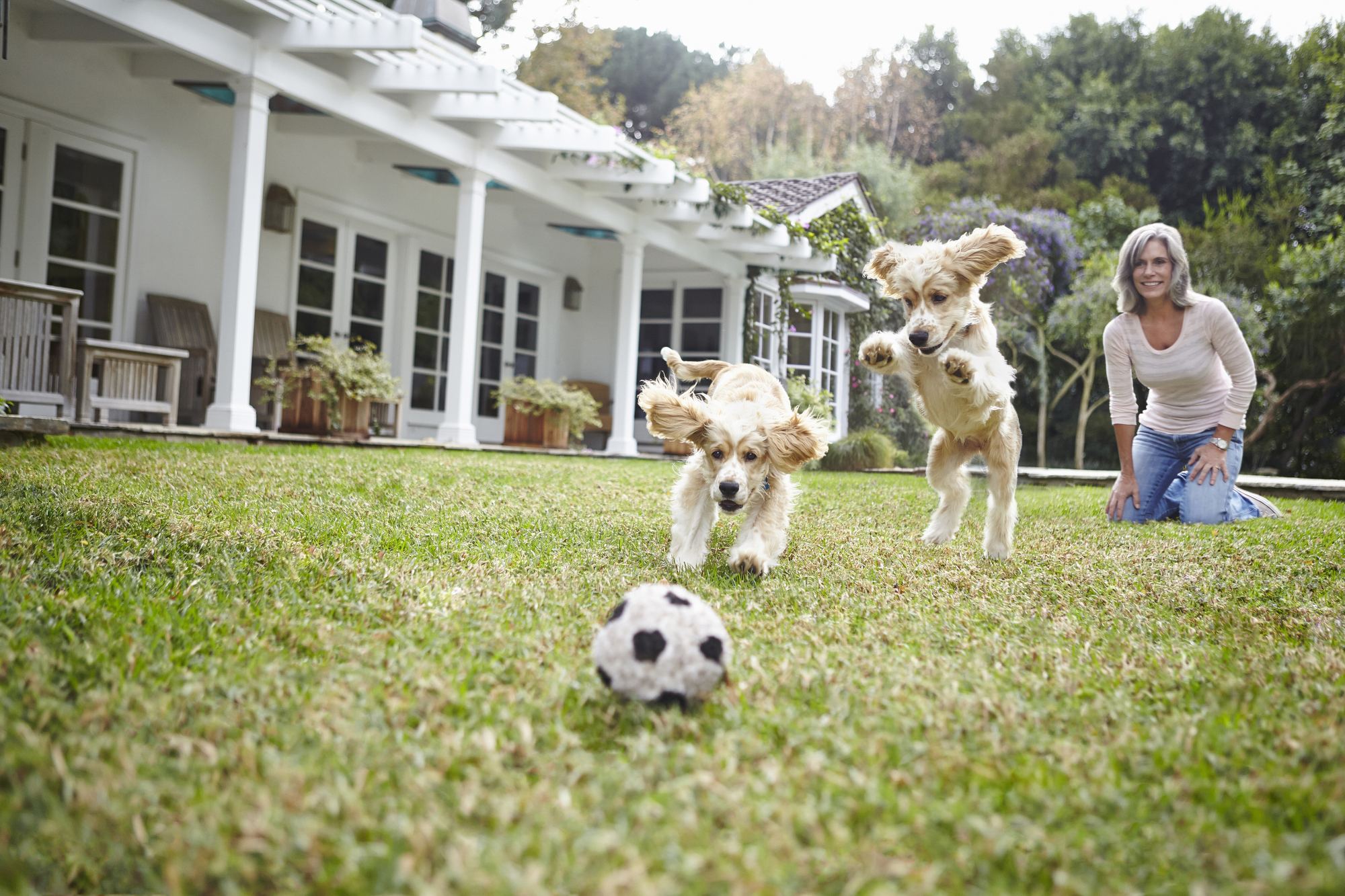Use these reminders of how to provide safe pet care to assist in a speedy recovery after your four-legged friend undergoes surgery. It is very likely your veterinarian will supply you with a list of what you should and shouldn’t do for your pet during recovery, and you can always call the veterinary office if anything unexpected occurs.
The particular surgical procedure will dictate how long it will take your pet to recover, and you should make sure you understand everything that is expected of you in caring for your pet before you leave the clinic or hospital. Make an appointment for the follow-up examination or for the cast or stitches to be removed or for secondary x-rays taken before you go home.
Use These Tips to Keep Your Pet Comfortable
Following a few simple rules for post-operative care is essential for all types of surgical procedures.
1. Make Sure Your Pet Gets Lots of Rest
It may be easier to restrict your pet’s movements and encourage him or her to rest if you provide a little crate for them. If so, see that you keep it stocked with their favorite toys and familiar items and is close enough that they can see you and the activity of the household. If not in a crate, your pet should rest in an area where he or she is isolated and can’t be bothered by children or other pets.
If your pet is in pain or uncomfortable, they may not be in any mood to be petted or to play. Some pets on a pain management plan post-surgery may be more inclined to be active and playful, but it may not be in their best interest if rest has been advised. It will all depend on the nature of the surgery that was performed for your pet.
2. Feedings Should be Restricted at First
You can feed your adult pet with ice chips even if his food is restricted, but a dog can usually have small portions of food and small amounts of water when he is fully awake. Cats can have small portions of food and a normal amount of water after they are fully awake.
The amount of food and scheduled feeding time will vary based on the surgery, similar to activity, follow-up time, etc. For example, a recuperating pet may be advised to withhold from eating food for a longer period after gastrointestinal surgery compared to other procedures.
3. Keep Activity to a Minimum for a Few Days
Pets may try to be active as soon as they are awake, but do your best to discourage it. A dog can go outside to relieve themselves, but keep him or her on the leash for the entire time. Remember that they may have to urinate or defecate more often if he or she is on medication or has received a lot of fluid during surgery.
4. Handle Your Pet Gently
Your pet may be less patient than usual and so you should handle him or her with great care, that way you don’t get scratched or bitten and you don’t hurt him or her either.
Your pet’s balance will probably not be normal as long as there is anesthetic in their system and you may need to gently assist him or her when they are on the move. If your pet is small, you may find it easier to wrap them in your arms or a clean towel or blanket and carry them wherever they want to go.
5. Keep Your Pet and Surroundings Clean
When taking your dog outside to relieve himself, keep him on the leash and out of the dirt.
Make sure crates and beds and bedding are kept clean. Provide a clean litter box for your cat and change the litter frequently during his recovery.
6. Check the Incision Daily
Keep an eye on the incision or the injured area and check it every day. If you feel the need to clean a surgery site, please contact your veterinarian. A little swelling or seepage is normal, but let your veterinarian know if there is extreme redness or a lot of draining.
7. Don’t Let Your Pet Lick or Bite the Incision
Your pet may try licking or biting the incision, which would hamper the healing process and could even cause an infection. Your pet may need to wear a cone over their head to prevent this from happening and your veterinarian will supply one as this is a common problem. Other aids such as t-shirts, bandages, booties, etc. may also be recommended depending on the type of problem.
Use these reminders about safe pet care to hasten the recovery and prevent complications after surgery. Your little friend will soon be back to normal.
Creative Commons Attribution: Permission is granted to repost this article in its entirety with credit to Hastings Veterinary Hospital and a clickable link back to this page.
Image Credit: Pixabay

